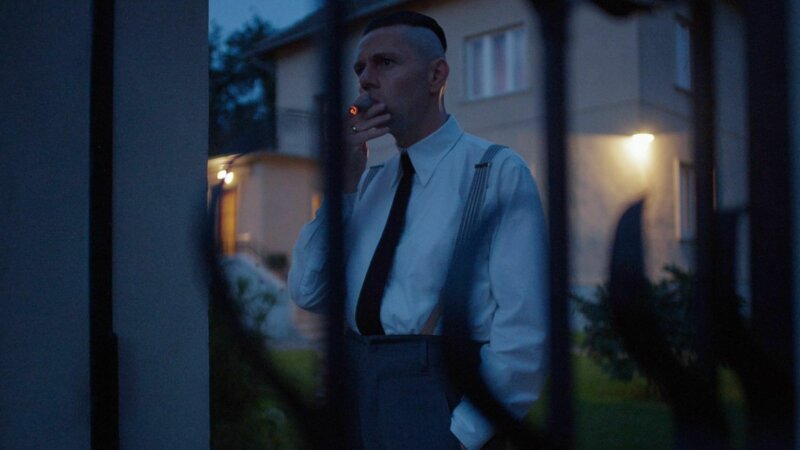Filmreel
Arrietty.
DIRECTOR - HIROMASA YONEBAYASHI.
For the past 25 years, beloved Japanese animation merchants Studio Ghibli have happily churned out majestic and endearing cinematic gems whilst remaining almost completely indifferent to the more generic output of their American counterparts. This reluctance to engage with the latest moneypursuing trends like the embracing of 3D or the constant manufacturing of sequels has meant Ghibli have forged a style and respect that is resolutely Japanese but still garners universal admiration.
Their latest venture sees studio mastermind Hayao Miyazaki take a backseat, providing only his scriptwriting talents for an adaptation of Mary Norton's The Borrowers. The story is well known to Western audiences thanks to a mid-nineties Hollywood version that is imprinted on a certain generation's mind. A family of miniature beings inhabit the floorboards and walls of a much larger (or more normal-sized) 'human beans' country residence. These minuscule proportions mean that each nook, cranny and piece of furniture is transformed into adventurous terrain, which the borrowers must navigate in order to acquire supplies from their towering neighbours.
The beans know of the little people's existence but only through tradition and folklore. It takes a young dying boy named Sho to lure out the most inquisitive borrower, Arrietty, after she accidentally makes her presence known during a midnight borrowing expedition with her father. The characters' relationship develops over the course of the film against the better judgement of their respective relatives, with the former convinced the Borrowers are pests that need to be evicted and the latter adamant that human beans are all terrifying and destructive. As the characters expose more of themselves to the other, these authority figures become suspicious and a fast chain of events culminates in the borrowers having to find a new home.
As a Studio Ghibli work, this film is in accord with the usual themes of ecological and environmental concerns. The borrowers are neurotic recyclers, and the struggle of childhood innocence and distrust of 'the other' are effortlessly alluded to. This time, however, the role of the threatening 'other' is taken up by humans rather than the ghostly demons and monsters Ghibli viewers have become accustomed to. Furthermore, Arrietty, like nearly all Miyazaki-related works, delights in the details. The everyday is brought to life through loving illustrations, which seem to react to the faintest of touches. A particular pedantic delight is that each borrower's cup of tea consists of just one droplet of liquid. In any other film this could be construed as a minor detail, but it's the joy the film clearly takes in indulging these mundane details that is so infectious.
Aside from its whimsical charm, this is fairly run-of-the-mill Ghibli. Despite the pure enjoyment gained from consuming the film, you can't help but think its makers viewed its creation as a practice in charm-winning and box-ticking, rather than a pursuit in creating something that is as challenging and imaginative as their previous masterpieces. The characters' relationship is adorable but somewhat unbelievable as the final scenes lapse into the romantic - don't get me started on the logistical problems of being in a relationship with a 6-inch female - an unnecessary turn that feels slightly desperate. That said, Ghibli is primarily a studio that makes films for children and the levels of refreshing joy, charm and innocence this film nimbly reaches will only continue to give the likes of Cars 2 a run for its money. )





